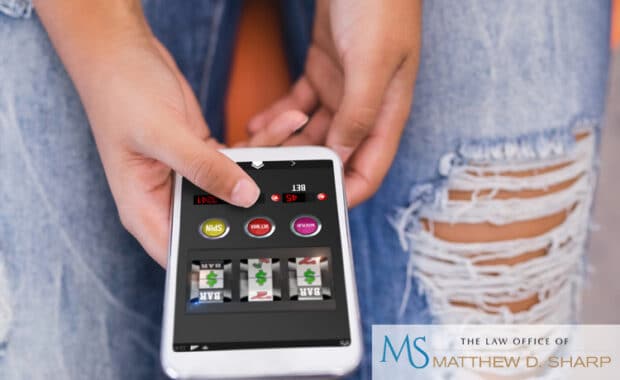Attorney-client privilege is the agreement between a lawyer and his or her client that all communications between the two will remain confidential. Because such communications are “privileged”, the attorney will protect their client‘s information at all times because the attorney’s reputation is on the line.
What Is Covered By Attorney-Client Privilege?
To understand attorney-client privilege, it is important to know what types of communication are protected. There are certain instances when the communication between a lawyer and a client are protected by confidentiality.
This means that any information exchanged between the lawyer and the client in these instances cannot be used to incriminate the client. Some examples:
- Attorney Consultations: When someone speaks with an attorney about their case, whether it’s a minor misdemeanor or a serious manslaughter charge, the attorney must keep any information shared with them by the client confidential. This applies even if the client decides not to hire that lawyer to represent them.
For example, a person who has been charged with a crime can visit an attorney’s office to describe their case and ask for information. If that person then chooses to hire a different attorney, the first attorney cannot be asked to testify at trial and reveal what the person told them. This is because the communication took place in the context of a private consultation and therefore was subject to attorney-client privilege.
- Private Conversations: If a client meets with their attorney to discuss their case, attorney-client privilege applies to their conversation. This is true whether the conversation takes place in the attorney’s office, in jail, in a public place or over the phone. However, other people who may overhear are not bound by this privilege.
What Is Not Covered By Attorney-Client Privilege?
Clients must be careful when, where and how they discuss their case. This is because other people not bound by the privilege can be called on to testify in court.
- Overheard Conversations: It is not a good idea for a client to discuss their case with their attorney in public, over the phone or in jail. This is because anyone who overhears the conversation can be called upon to testify in court. If it is necessary to discuss a case in public, over the phone or in jail, the client should speak as quietly and briefly as possible.
- Family Discussions: In many jurisdictions, conversations between family members are not strictly confidential. It is possible for the prosecution to call a parent to testify in court against their own child. This is why it is best for a client to only discuss their case in detail with their attorney in a private setting.
To learn more about attorney-client privilege, contact The Law Office of Matthew D. Sharp at 713-868-6100.




